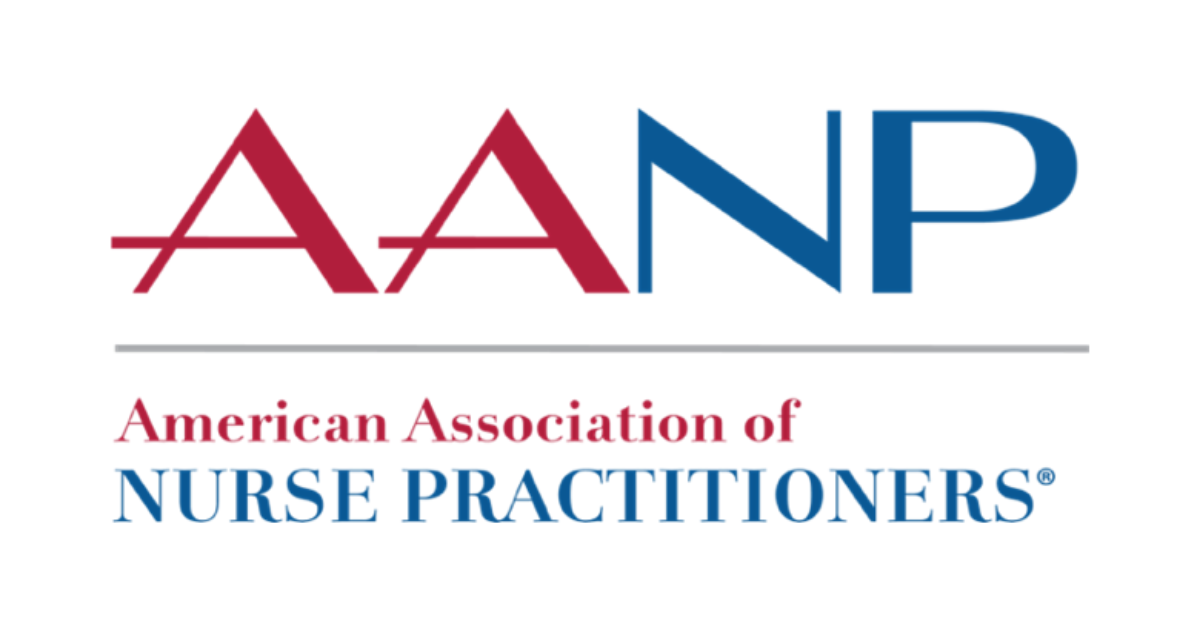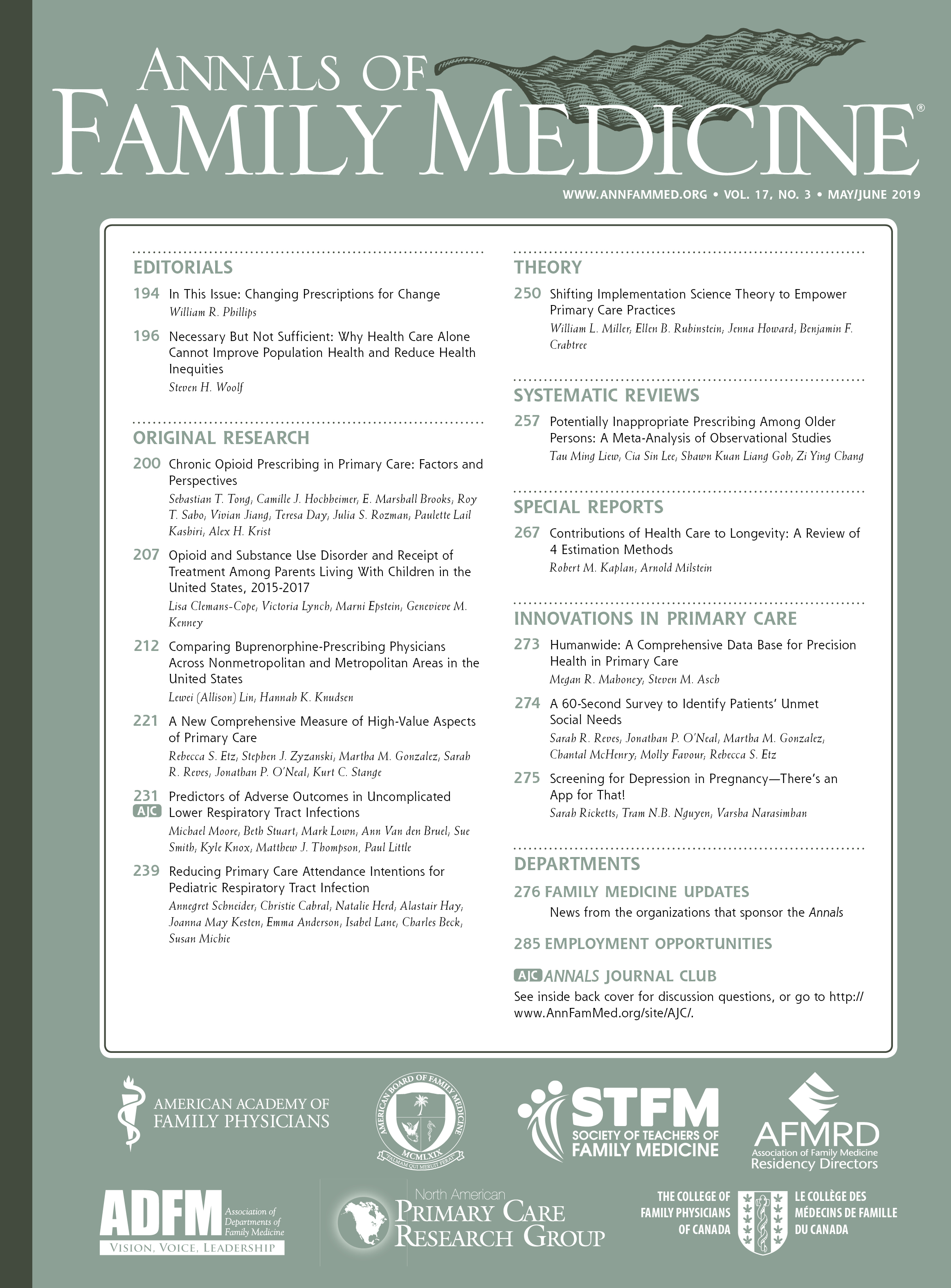PURPOSE Various models of care delivery have been investigated to meet the increasing demands in primary care. One proposed model is comanagement of patients by more than 1 primary care clinician. Comanagement has been investigated in acute care with surgical teams and in outpatient settings...

www.annfammed.org
This is what NPs mean when they talk about moving from hierarchy to co-management:
"Terms such as teamwork and collaboration are often used interchangeably with comanagement. Comanagement involves a horizontal organizational structure. Clinicians may comanage across teams in a manner similar to a primary care physician and a cardiologist comanaging the same patient. These 2 physicians work within their own teams within their practices, but overlap horizontally to comanage the same patient. Within the same team, an independent nurse practitioner may comanage the same patient with a physician, in the same practice, based on the urgency or complexity of a patient’s needs."
I will refrain from any comment about the argument that I had no part in between you and an NP. Do you have any data to support the assertion that patient care is being compromised by independent practice by NP and PAs? If so, post it. If your assertions are correct let's see the data to support this, and if it isn't out there it should be compiled. There seem to be a lot of very concerned physicians about the expanding independence and role of NPs, so where's the data?
I agree with you re the utilization of NPs for the reasons you cite, it seems quite logical, and prescient to developments occurring today in healthcare. Re my points about data and expanding role of NPs, I think this debate can be had with respect, and decorum. I don't see much of that these days.


